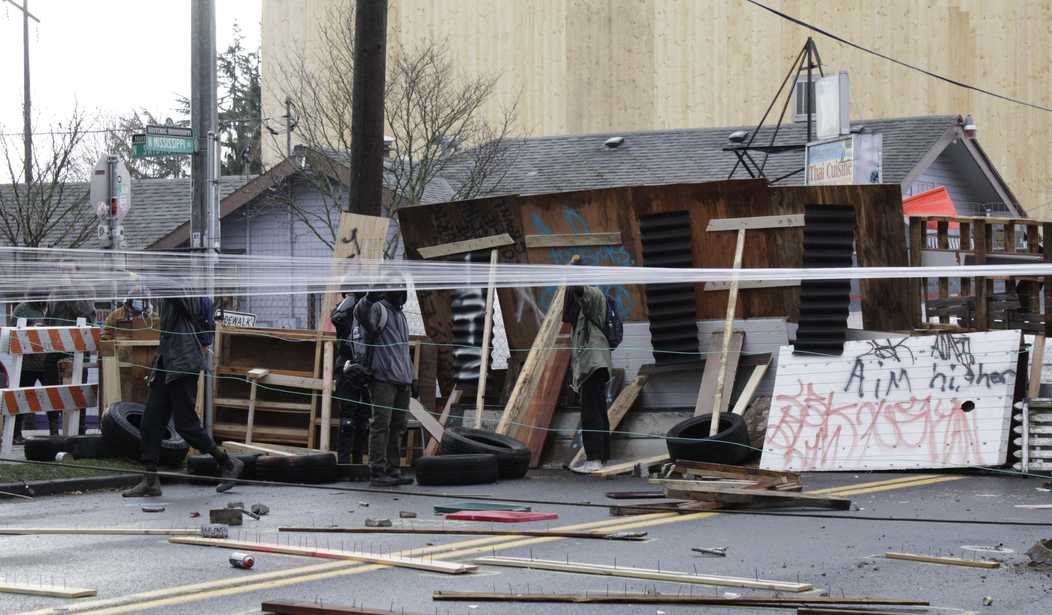The Biden administration is asking Congress to extend the federal government’s moratorium on evictions set to expire on Saturday.
The eviction moratorium was declared unconstitutional by the Supreme Court earlier this month, but that ruling applied to the Centers for Disease Control and Prevention moratorium that was initiated as a crisis measure during the pandemic. The rationale for its legality — that evictions would lead to more people living together in one space — was always dubious because the CDC has no authority to regulate interstate commerce.
But Congress has that authority and could legislate a moratorium. Republicans, hearing the distress of small landlords who are taking it on the chin because they can’t evict someone behind on their rent, are not likely to agree.
It’s not like there hasn’t been enough mortgage and rent relief passed by Congress already in the various pandemic funds. Nearly $47 billion has been given to states to distribute to those in rent and mortgage arrears. Only $3 billion of that has actually reached the hands of those in need.
Meanwhile, many landlords have been squeezed because they have been unable to collect rent but remain on the hook for taxes, maintenance and other bills.
Mr. Biden has also asked federal agencies, including the Department of Housing and Urban Development, to extend their respective eviction moratoriums through the end of September, which will provide continued protection for households living in federally-insured, single-family properties, according to a White House official. It wasn’t immediately clear how many tenants would be covered by those relatively narrow moratoriums.
Mr. Biden has also asked federal agencies and departments to prod owners and operators of federally financed rental housing to seek rental assistance before moving toward eviction.
The holdup in handing out those relief funds is caused by bottlenecks at the state level.
Problems distributing rental assistance funds—which can be used to cover back rent, future rent and utilities—often stem from bureaucratic bottlenecks. Some states are having trouble keeping up with requests for aid, while numerous renters are being disqualified for failing to complete their applications correctly, say landlords, tenants and local officials. A key sticking point: verifying an applicant’s income with either last year’s tax return or two months’ worth of paycheck documentation.
Since there was a 60-day extension to file 2020 tax returns, there are quite a few people who have yet to pay their taxes. And would someone be applying for eviction relief if he had two months’ worth of paystubs?
That’s $44 billion of unspent rental assistance because the government can’t verify if someone has a legitimate need or not.
Related: Next Big Crisis: Racist Evictions of Black People
As of July 5, there are about 3.6 million people who say they face eviction in the next two months. It’s incomprehensible that state governments could be so incompetent in handing out money to renters. This crisis is not a question of funding. It’s a matter of will. Perhaps if people start to get thrown out into the street, the politicians might be forced to act.










Join the conversation as a VIP Member